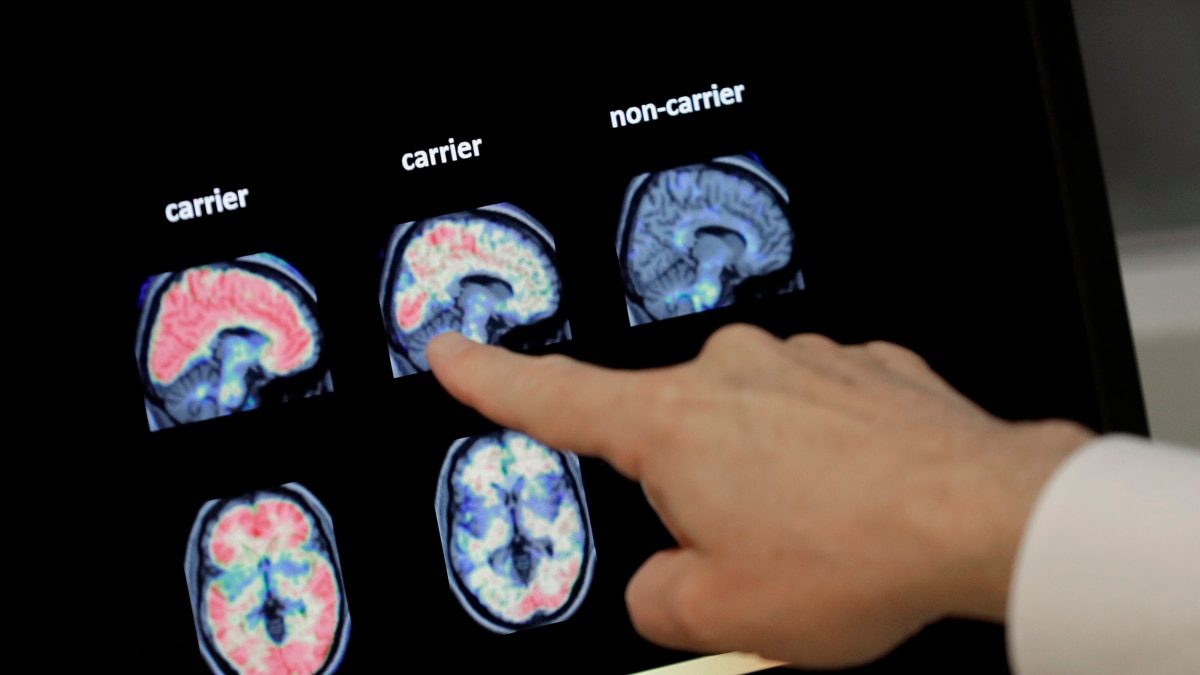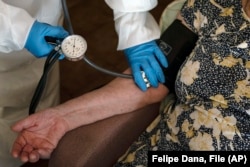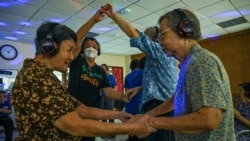
Recent studies indicate that the lifetime risk of developing dementia for Americans is significantly higher than previously estimated. Projections suggest that by the year 2060, approximately one million individuals in the U.S. may be diagnosed with this condition annually, a figure that is roughly double earlier projections.
This revelation comes from a comprehensive study conducted by a collaboration of leading U.S. medical institutions and research entities, published recently in Nature Medicine. The findings reveal that individuals over 55 years of age face a staggering 42 percent likelihood of encountering dementia if they reach advanced ages.
The study emphasizes that the greatest risk for dementia emerges after the age of 75. However, the encouraging news is that individuals can take proactive measures to mitigate this risk. Managing health conditions such as high blood pressure, diabetes, and obesity are vital steps recommended by health professionals. Experts urge people, even those in their middle years, to adopt healthy lifestyle practices to reduce these risks.
Dr. Josef Coresh from NYU Langone Health, who co-authored the study, stated to The Associated Press, “All our research indicates that lifestyle choices made during midlife are crucial.”
Understanding Dementia
While it’s typical for older adults to occasionally forget names or where items are placed, dementia is not a standard aspect of aging. Instead, it refers to a progressive decline in cognitive abilities, including memory and language skills. Aging is currently identified as the primary risk factor, and the population in the U.S. is aging rapidly.
There are various types of dementia, with Alzheimer’s being the most prevalent. The disease often involves subtle, long-term changes in the brain, causing symptoms that may not surface until much later. Other forms of dementia include vascular dementia, where conditions like heart disease or minor strokes impede blood flow to the brain. Many individuals may also experience mixed types, where vascular issues further exacerbate existing dementia.
Dr. James Galvin, an Alzheimer’s specialist from the University of Miami, acknowledges that aging does not guarantee dementia development. Though he was not part of the recent study, he confirmed that its conclusions align with earlier research findings.
Dementia Risk Across Ages
Previous research estimates that around 14 percent of men and 23 percent of women will face some form of dementia in their lifetime. Given that women typically live longer than men, their chances of developing dementia are higher.
The latest research, however, analyzed modern data from a U.S. study that monitored heart health and cognitive functions among approximately 15,000 older adults from 1987 to 2020. The results showed a dementia risk of 35 percent for men and 48 percent for women in that population.
This discrepancy is largely attributed to the longer lifespans of study participants. The data highlights how the risk escalates with age. Only 4 percent of individuals developed dementia between ages 55 and 75, suggesting a critical 20-year period for maintaining brain health. For those who survive common health risks until age 75, the likelihood of developing dementia increases dramatically—20 percent by age 85 and 42 percent between 85 and 95.
Furthermore, the research indicates that Black Americans have a slightly heightened risk of 44 percent compared to 41 percent for white Americans.
Strategies to Reduce Dementia Risk
While some health risks are beyond individual control, such as age and genetics (including inheriting the APOE4 variant linked to a higher Alzheimer’s risk), researchers have identified various lifestyle changes that could delay or prevent dementia onset. Dr. Galvin from the University of Miami recommends regular exercise, maintaining a healthy weight, and managing blood pressure. He emphasizes that “what benefits your heart also benefits your brain.”
Additionally, staying socially and cognitively engaged is essential. Dr. Galvin suggests using hearing aids if age-related hearing loss occurs, as this can help prevent social isolation. He concludes, “There are many factors we can influence our health, and addressing these is vital for a healthier brain as we grow older.”
I’m Jill Robbins.
Lauran Neergaard contributed this report for the Associated Press. Jill Robbins adapted it for Learning English.
______________________________________________
Key Terms in This Article
dementia – n. A cognitive disorder characterized by an inability to think clearly or distinguish reality.
cognitive – adj. Pertaining to mental processes such as thinking, understanding, and memory.
vascular – adj. Related to the blood vessels that transport fluids, including blood, throughout the body.
stroke – n. A serious medical condition resulting from a blockage or rupture in a brain blood vessel.
inherit – v. To receive genetic characteristics or conditions from one’s parents.
isolation – n. The state of being separated from others.
What are your thoughts on this topic? Share with us in the Comments Section.











